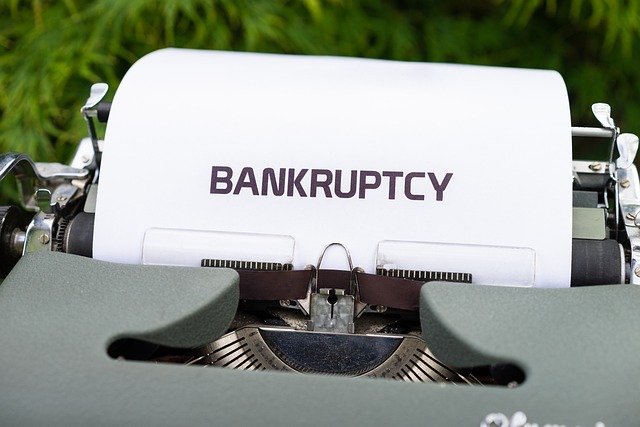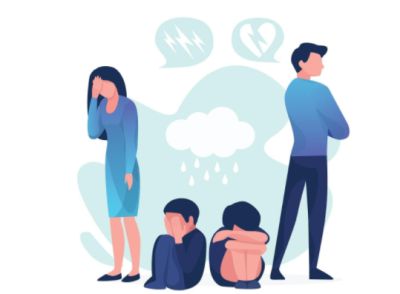5 Benefits of Filing for Bankruptcy

Bankruptcy is a legal procedure via which businesses and individuals publicly declare incapacity to pay their bills and debts.
If you have substantial debts that you can’t repay, are in foreclosure danger, are behind in mortgage payments, or debt collectors are harassing you, declaring bankruptcy could be your best option.
While declaring bankruptcy can harm your credit score, it eliminates or reduces debts, keeps debt collectors at bay, and saves your home. Here are five benefits of filing for bankruptcy.
1. It allows you to reorganize your debts
When individuals and businesses experience substantial debt amounts and financial difficulties, they can file for Chapter 11 bankruptcy protection for relief.
This type of bankruptcy lets you keep your assets and business operations running, avoid losing assets and repay creditors over time while restructuring your debts into long-term, more manageable payment plans.
While filing for Chapter 11 bankruptcy could be the best alternative for you, its process can be complicated. With the help of a Chapter 11 Bankruptcy Attorney in Ohio or a place near you, you can reconstruct your debt to get your financial situation back on track.
2. It prevents utility shutoffs, foreclosure, and repossession
Upon filing for Chapter 13 or Chapter 7 bankruptcy, the bankruptcy court gives an automatic stay order that halts all collection efforts, including auto repossession, mortgage foreclosure, and other repossession.
Consider taking extra relief and time from bill collection to ensure you’re current with your utility payments, mortgage, and other debts. You may also include your auto repayments in your repayment schedule and safeguard the rest of your items from repossession.
Filing for bankruptcy allows you to remove covered debts fully.
3. It helps you rebuild your credit
Declaring bankruptcy significantly impacts your credit score. The bankruptcy record appears on your credit report for about seven to ten years, making it almost impossible to access loans.
After this period lapses, the bankruptcy record completely disappears from your credit report. Filing for bankruptcy takes you on a new journey of rebuilding your credit score.
Enhancing your credit can begin immediately after getting a discharge or starting your repayment period. Pay your bills on time for an improved credit score upon becoming debt-free.
4. It enables you to discharge your debt
Filing for bankruptcy primarily helps discharge debts. While it’s difficult to enhance your financial situation when your obligations are out of control, discharging most debt types can help you start afresh and make wiser financial decisions.
Once a debt is discharged, it’s eliminated, and you’re no longer liable for repaying it. While some debts can’t be discharged, others such as medical and credit card debts can be forgiven, making you debt-free.
5. It lets you leverage an automatic stay
An automatic stay comes in handy, especially in emergencies, though temporarily. If you’re lagging on utility bills and the provider threatens to disconnect your gas, water, telephone, or electric service, the stay order can halt the disconnection for about 20 days or more.
An automatic stay court order can also help when your house is being foreclosed, when you’re being evicted from your home, and prevents public overpayment collections and multiple wage garnishment.
Endnote
Declaring bankruptcy legally can be advantageous for individuals and businesses.
Filing for bankruptcy allows you to improve your financial health while helping you learn how to make wise financial choices.






